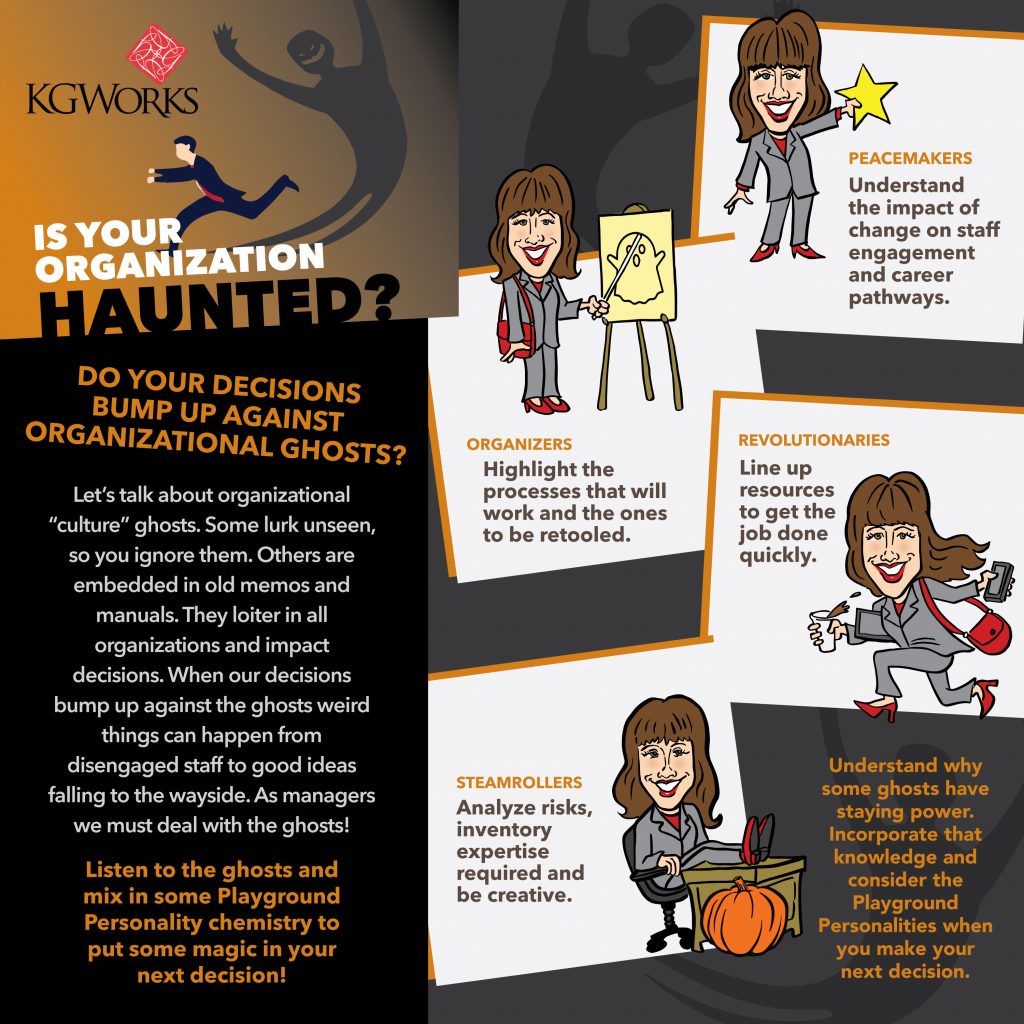Publication 13, Issue 9
Of course, communication is my thing, so when I’m bugged about something I want to share it in the hope that we can all become more aware of our own communication style, prevent miscommunication and be more joyful and productive at work! We waste time, money and effort every day when we devote hours to unraveling episodes of miscommunication between co-workers. Actually, we can doom productive conversation pretty quickly when we indulge in that greatest of culprits, the preamble.
I was facilitating a meeting the other day and it was a little tense at times – so I checked out of the conversation and spent a few minutes observing people’s verbal cues and body language to see if I could figure out what the underlying tension was so I could redirect the atmosphere of the meeting. It’s a great facilitator’s technique, and you can use it in your everyday meetings! And sure enough, it didn’t take me long . . . the folks in the room were using “preambles.”
We all are guilty of using “preambles” and you know which words I’m talking about – those few snarky words in the beginning of our dialogues that get us in trouble! Think about the “preambles” you use all the time. Here are some that I’ve collected as I’ve helped my clients untangle communication missteps: “You know I’m saying this because I care…” “Don’t take this the wrong way…” “Not for nothing …” and my all-time favorites – “Don’t take offense…” and “Let’s be honest…” Wow, how else should one be??!!
I went to Merriam-Webster and looked up the definition of preamble and here’s what it says – “a statement that is made at the beginning of something (such as a legal document) and usually gives the reasons for the parts that follow.”
So why use them in our everyday language? In our day-to-day management lives we usually aren’t reciting legal documents and our conversational preambles certainly don’t give a reason for the parts that follow – so why do we begin our dialogues with preambles? Funny you should ask. There is a reason:
Peacemakers use preambles to soften the delivery of what could be a “slippery-slope” so people’s feelings don’t get hurt.
Organizers use them to defend their work or work habits so additional feedback ceases.
Revolutionaries use them to fill the space with words while they assess the situation.
Steamrollers use preambles to sound knowledgeable so people know who the “experts” are.
Preambles put people on the defensive. The receiver of the communication braces himself/herself for that second half of the sentence, anticipating the negative comment that has been telegraphed – and quite frankly, who wouldn’t? I’ve never seen these interactions end well!
Imagine the clarity that could result if we eliminated these pesky phrases from our repertoire. If we have to repair a communication exchange, interaction is already damaged, feelings are hurt and sometimes people never forget! Think about the words that you use and eliminate the “set-up.” Start from the point where you say what you want to say without the preface!
So, let’s stand up to “preambles” and follow the words from Sara Bareilles’ song “Brave”:
Say what you wanna say
And let the words fall out
Honestly I wanna see you be brave
With what you want to say

